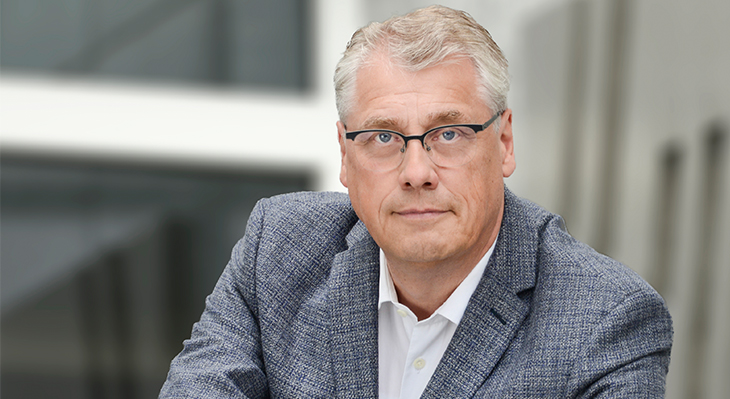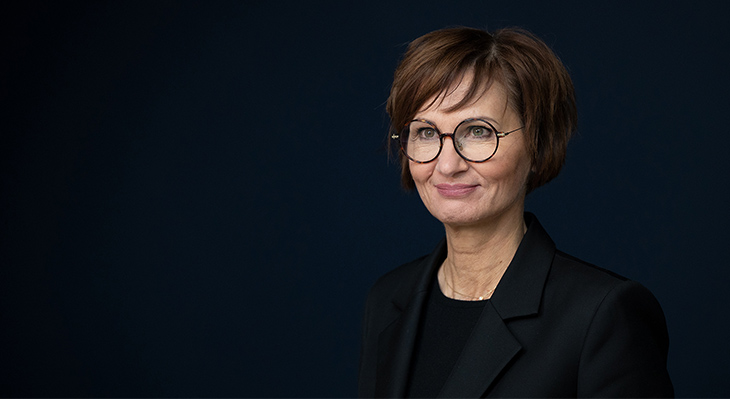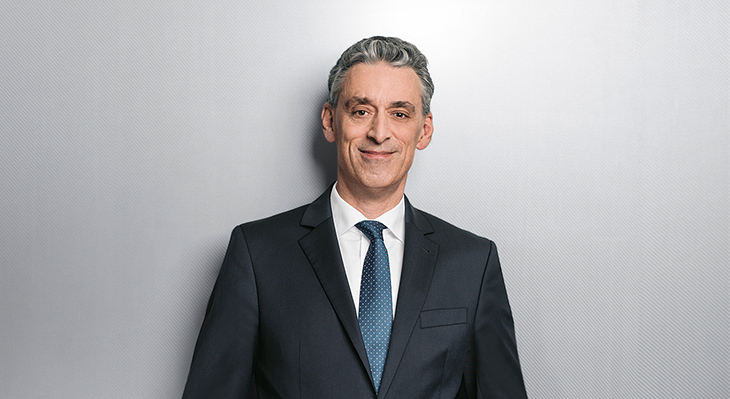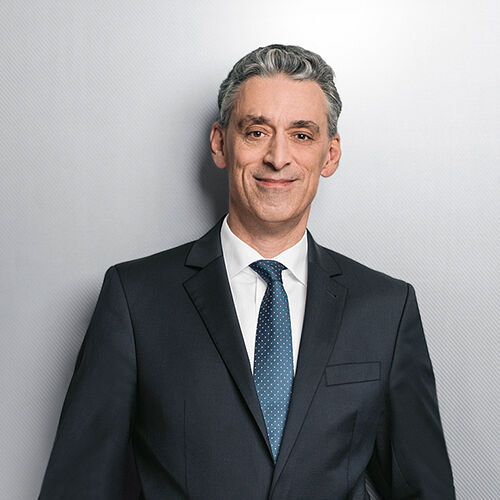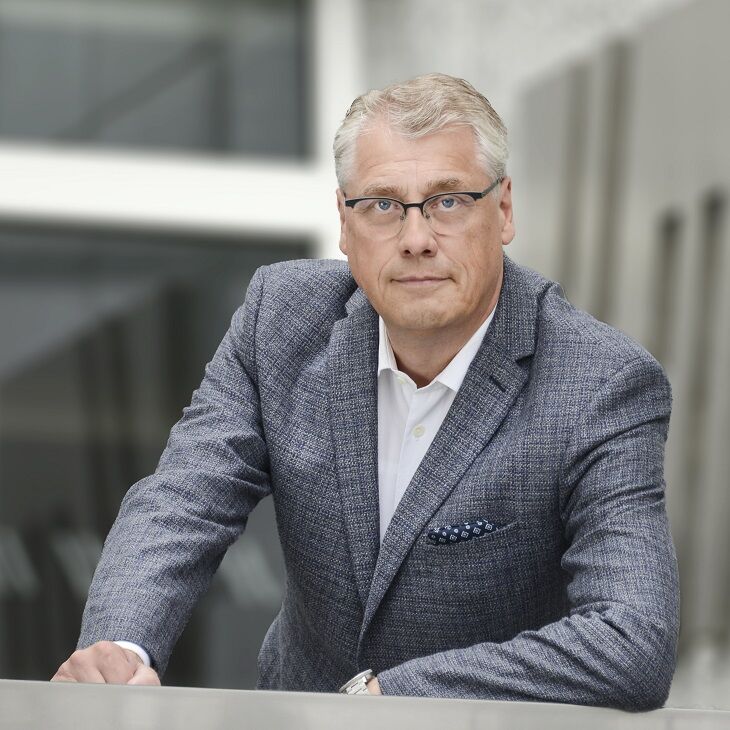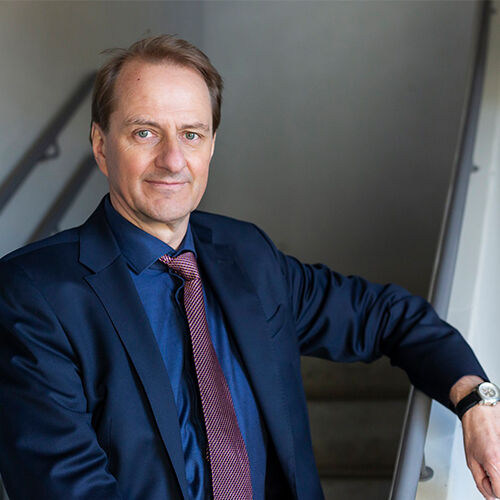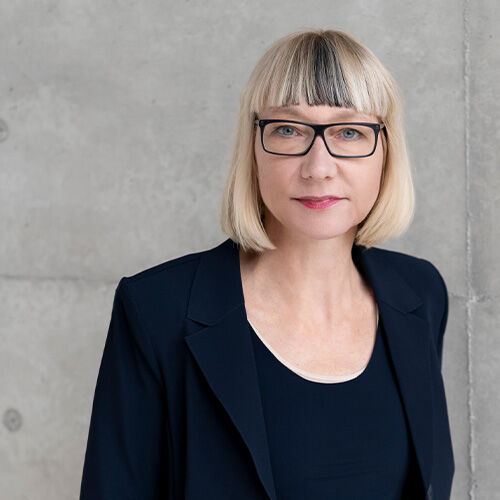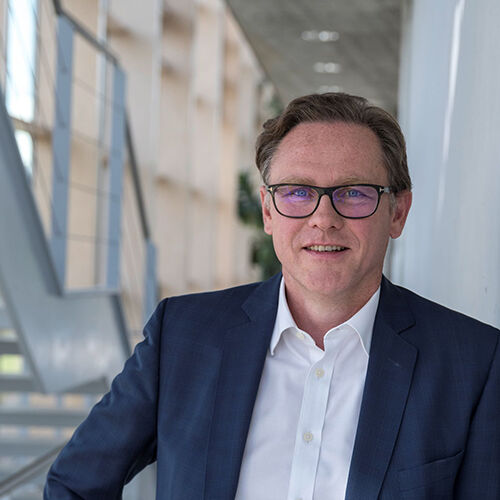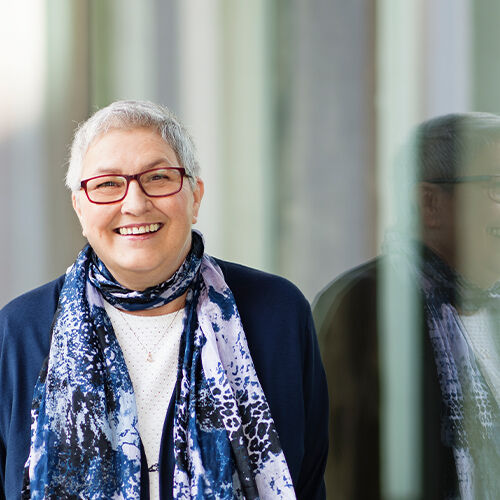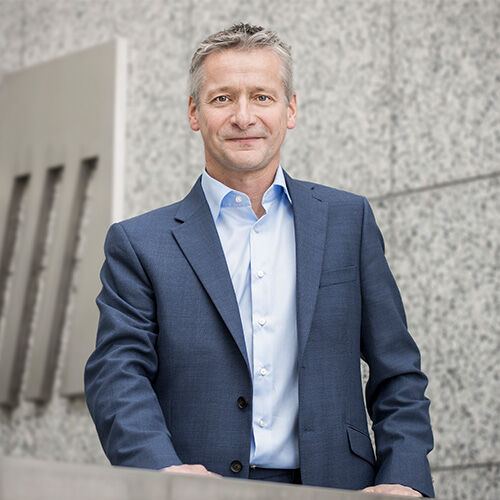Program Highlights on October 27
Thinking Spaces on October 28
formation
formation
Green Economy: This Thinking Space provides a tangible experience of how VET and occupational competence act as an effective factor in bringing about a sustainable transformation of society. Current central discourses are also used as a basis to reflect upon how employability skills are modernising within the context of changing requirements.
Transformation: We will be working with experts from the fields of academic research and practice to categorise the shift which has been instigated by digital and technical developments. Where are changes taking place, and what are the means and structures which will allow transformation to training and work in a digitalised world?
Skilled workers: We will use a consideration of the skilled worker shortages actually arising in the craft trades as a starting point for exploring the nature of the upcoming challenges for economic sectors, individual branches and companies.
Equivalence: Skilled worker shortages currently exist at the intermediate qualification level in particular, and this is a situation which many sectors view with concern. Many young people prefer to enter higher education and seem to view dual training as a second-best option. How can the public be better persuaded to perceive these two education and training pathways as equivalent? This is the issue being addressed by this Thinking Space.
Continuing Education: So what needs to be done in order to increase participation in continuing training and to strengthen vocational education and training pathways? This issue forms the core of this particular Thinking Space. We will examine specific examples of individual education and training biographies in order to explore innovations for advanced and continuing vocational education and training.
Young researchers: We wish to provide all interested parties with an opportunity to gain the widest possible insight into these work-related thematic areas. For this reason, the main focus of our Thinking Spaces is on up-and-coming academic talent and on the doctorates and research projects they are pursuing.
Skilled migration: How is VET able to assist with integration in the case of economic migration or migration for the purpose of training? How can the immigration of skilled workers be made sustainable through international cooperation? Perspectives from the fields of practice, policy making and research illustrate the prevailing conditions and the available opportunities.
Future: The experiences gained during such times of catastrophe may be able to provide valuable assistance in the further development of the vocational education and training system and thus continue to secure an excellent level of provision.
Green Economy: This Thinking Space provides a tangible experience of how VET and occupational competence act as an effective factor in bringing about a sustainable transformation of society. Current central discourses are also used as a basis to reflect upon how employability skills are modernising within the context of changing requirements.
Transformation: We will be working with experts from the fields of academic research and practice to categorise the shift which has been instigated by digital and technical developments. Where are changes taking place, and what are the means and structures which will allow transformation to training and work in a digitalised world?
Skilled workers: We will use a consideration of the skilled worker shortages actually arising in the craft trades as a starting point for exploring the nature of the upcoming challenges for economic sectors, individual branches and companies.
Equivalence: Skilled worker shortages currently exist at the intermediate qualification level in particular, and this is a situation which many sectors view with concern. Many young people prefer to enter higher education and seem to view dual training as a second-best option. How can the public be better persuaded to perceive these two education and training pathways as equivalent? This is the issue being addressed by this Thinking Space.
Continuing Education: So what needs to be done in order to increase participation in continuing training and to strengthen vocational education and training pathways? This issue forms the core of this particular Thinking Space. We will examine specific examples of individual education and training biographies in order to explore innovations for advanced and continuing vocational education and training.
Young researchers: We wish to provide all interested parties with an opportunity to gain the widest possible insight into these work-related thematic areas. For this reason, the main focus of our Thinking Spaces is on up-and-coming academic talent and on the doctorates and research projects they are pursuing.
Skilled migration: How is VET able to assist with integration in the case of economic migration or migration for the purpose of training? How can the immigration of skilled workers be made sustainable through international cooperation? Perspectives from the fields of practice, policy making and research illustrate the prevailing conditions and the available opportunities.
Future: The experiences gained during such times of catastrophe may be able to provide valuable assistance in the further development of the vocational education and training system and thus continue to secure an excellent level of provision.


